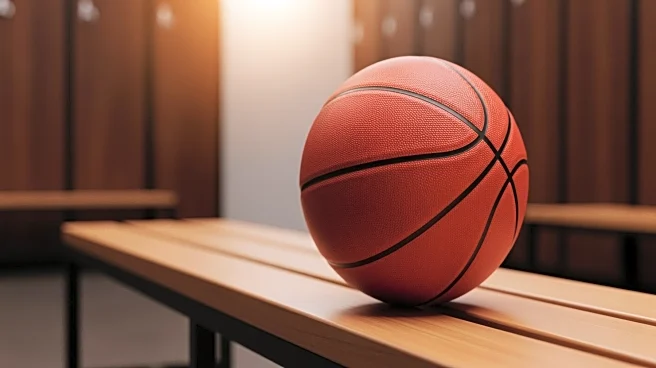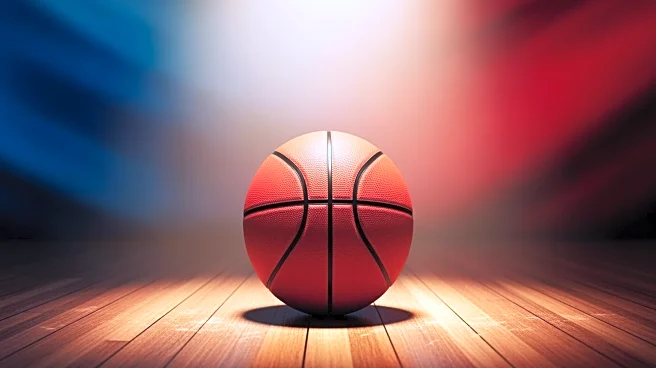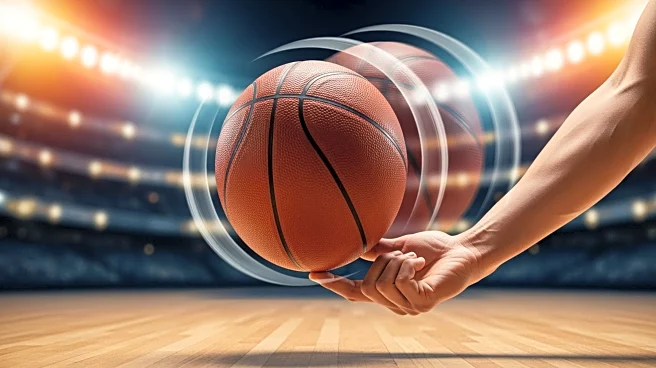Rapid Read • 8 min read
A U.S. District Court hearing in West Virginia is addressing the eligibility of four football players, including Jimmori Robinson, for the West Virginia Mountaineers. Robinson, a key player, is facing claims from an NCAA lawyer that he is academically ineligible due to not meeting graduation progress requirements from his time at UTSA. This revelation was not included in the NCAA's brief opposing the lawsuit. Robinson, along with Tye Edwards, Justin Harrington, and Jeffrey Weimer, is seeking eligibility for the 2025 season after being denied waivers. The court has yet to rule on the matter, with Judge John Preston Bailey expected to make a decision soon.
AD
The eligibility of Robinson and the other players is crucial for the West Virginia Mountaineers, who are ranked No. 16 nationally and were selected second in the Sun Belt preseason poll. Robinson's potential ineligibility could significantly impact the team's defensive capabilities, as he was a standout player at UTSA, earning the title of American Athletic Conference Defensive Player of the Year. The outcome of this case could affect the team's performance in the upcoming season and set a precedent for how academic eligibility issues are handled in collegiate sports.
Judge Bailey is expected to rule on the eligibility of the players soon, possibly within the next day. The decision will determine whether Robinson and the other players can participate in the 2025 season. The ruling could have broader implications for NCAA policies on academic eligibility and waivers, potentially influencing future cases and the careers of student-athletes facing similar challenges.
This case highlights the complexities of NCAA eligibility rules and the impact of academic requirements on student-athletes' careers. It raises questions about the balance between athletic performance and academic achievement, and the role of legal interventions in resolving disputes between athletes and governing bodies. The outcome could influence how universities and the NCAA address academic progress and eligibility in the future.
AD
More Stories You Might Enjoy










